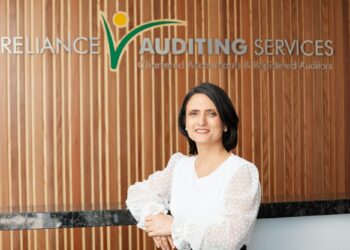Shelley Banton, head of technical for ASF Audits, told SMSF Adviser that trustees need to have a broader understanding of the superannuation legislation in order to avoid triggering compliance issues during the audit process.
“It’s the smaller things that we continue to see in terms of trustees looking at SMSF information available on the internet and interpreting it the wrong way. Those in the industry would be best to work in conjunction with them [to avoid any issues],” she said.
“For example, if a trustee is not sure of something, they should contact their accountant to discuss the transaction beforehand and then bring the auditor in, if necessary, to ensure everything is OK. Once it has been done, the best we can do as SMSF auditors is try to set the fund back on the path to compliance.”
Banton continued that trustees will often undertake a compliance process after internet research, but they may make the mistake of only thinking about one aspect of the legislation rather than the holistic framework.
“If they make a mistake and try to rectify it, other compliance issues can be triggered,” she said.
“One of the problems we encounter is that trustees don’t have an understanding of how the legislation works overall. They will say, ‘I thought I could do this,’ and they may be correct, but they often forget about another rule that says they can’t. It’s a double-edged sword not having a working knowledge of the SIS legislation.”
The Australian Taxation Office has recently published a comprehensive approved auditor checklist, which Banton said includes a guide to SMSF auditor obligations and the professional standards relevant to auditors.
“While understanding the compliance requirements under the SIS Act is important, it is equally important that SMSF auditors understand how the auditing standards apply,” she said.
“The SIS legislation provides us with the reason why we ask for audit evidence, whereas the auditing standards force us to ask for sufficient appropriate audit evidence regarding that matter. Where the evidence is deficient, auditors will design procedures to obtain further evidence that aligns with SIS and the auditing standards.”
Banton continued that when the ATO conducts a review of an SMSF auditor’s file, it looks at both the fund’s SIS compliance as well as the auditing standards.
The ATO’s updated checklist also is a reminder for auditors, she said, to ensure they are adequately protected in case of a review.
“The checklist reminds auditors about things such as public indemnity insurance. Having adequate PI cover is not only a requirement but also critical in case of litigation,” she said.


